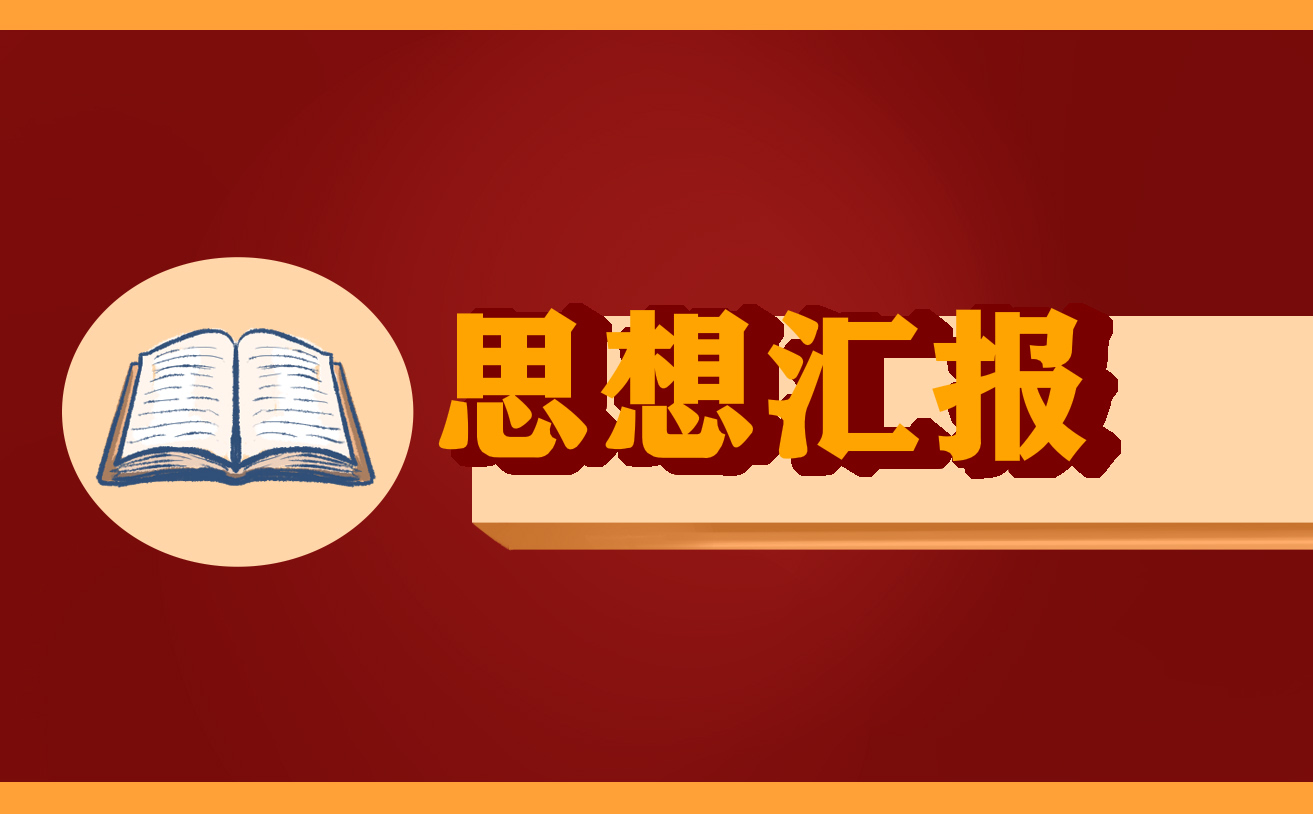反意疑问句【反意疑问句再现】
时间:2019-02-06 03:25:44 来源:柠檬阅读网 本文已影响 人 
反意疑问句又叫附加疑问句,是在陈述句之后,对陈述句所叙述的事实提出的疑问。其基本结构有两种:一是“肯定陈述句+简略否定问句”;二是“否定陈述句+简略肯定问句”。反意疑问句的前后两部分在时态、人称和数上都要保持一致。例如:
It is hot, isn’t it?
He doesn’t need to work so late, does he?
学习反意疑问句,特别要注意以下的一些特殊情况:
1.陈述部分的主语是this, that,these, those时,疑问部分的主语多用it/they。例如:
This is a dictionary, isn’t it?
Those are shelves, aren’t they?
2.陈述句如果是there be结构时,疑问部分仍用there。例如:
There once was a man named Saint Nicholas, wasn’tthere?
3.陈述部分的谓语是had better(最好)时,疑问部分用hadn’t来体现。例如:
You’d better have a good rest, hadn’tyou?
4.陈述句的谓语动词是have(has)to(必须)时,疑问部分用助动词do或does来体现。例如:
They have to go there, don’t they?
He has to leave early, doesn’t he?
5.陈述句中的谓语动词是wish时,疑问部分常用may来体现。例如:
You wish to go home, may you?
6.在英语口语中,“I am+表语”结构,后面的反意疑问句多用aren’t I来体现。例如:
I am very interested in learning English, aren’t I?
7.陈述句的主语是动词不定式、动词的ing形式或从句时,疑问部分的主语多用it来体现。例如:
Taking care of our environment is very important, isn’t it?
What he said is right, isn’t it?
8.陈述句中含有not,no,hardly,neither,never,few,little,too…to等否定词或具有否定意义的词时,疑问部分常用肯定形式。例如:
Few people knew the news, did they?
Tom has never been to England, has he?
[注意]在陈述句中,如果含有带否定意义的前缀和后缀的单词时,整个句子仍视为肯定句,反意疑问部分多用否定形式。例如:
She is unhappy, isn’tshe?
9.陈述句中的谓语动词含有“推测”性的词must(一定)时,反意疑问部分多与must之后的动词形式和时态与句子主语保持一致。例如:
Her mother must be a teacher, isn’t she?
She must have read the novel, hasn’t she?
10.陈述句的主语是nobody, no one, everyone, somebody等不定代词时,反意疑问部分的主语多用they;如果陈述句的主语是something,nothing,anything,everything等不定代词时,反意疑问部分的主语多用it。例如:
Nobody says a word about the accident, do they?
Everything seems all right, doesn’tit?
11.陈述句是主从复合句时,如果主句的谓语动词是think,believe,expect,feel,guess等词,且主语是第一人称I时,反意疑问部分的人称、时态要与从句中的人称、时态保持一致,同时还要考虑到否定的转移。例如:
I believe that the boy can get a ticket for you, can’t he?
I don’t think he will come, will he?
[练习]
1.You are not going out today, ___________?
2.This is American country music, ___________?
3.Nobody can answer this question, _________?
4.There is little water in the bottle, ___________?
5.Don’t smoke here, ___________?
6.Close the window, ___________?
7.Let’smeet at the school gate,___________?
8.Let us play football this afternoon, _________?
9.Some of them speak Japanese, ____________?
10.I’m an English teacher, ___________?
11.I don’t think he is right, _________?
12.I believe that he will be back soon, ___________?
13.We had to go there on foot, ___________?
14.They had breakfast very late yesterday, _________?
15.Tom has few friends here, ___________?
16.What fine weather it is today, ___________?
17.Peter does his homework every day, ____________?
18.She doesn’t like milk, _________?
Keys:1.are you2.isn’t it3.can they 4.is there5.will you6.will you 7.shall we8.will you9.don’t they10.aren’t I11.is he 12.won’t he 13.didn’t we14.didn’t they 15.has/does he 16.isn’t it 17.doesn’t he 18.does she









